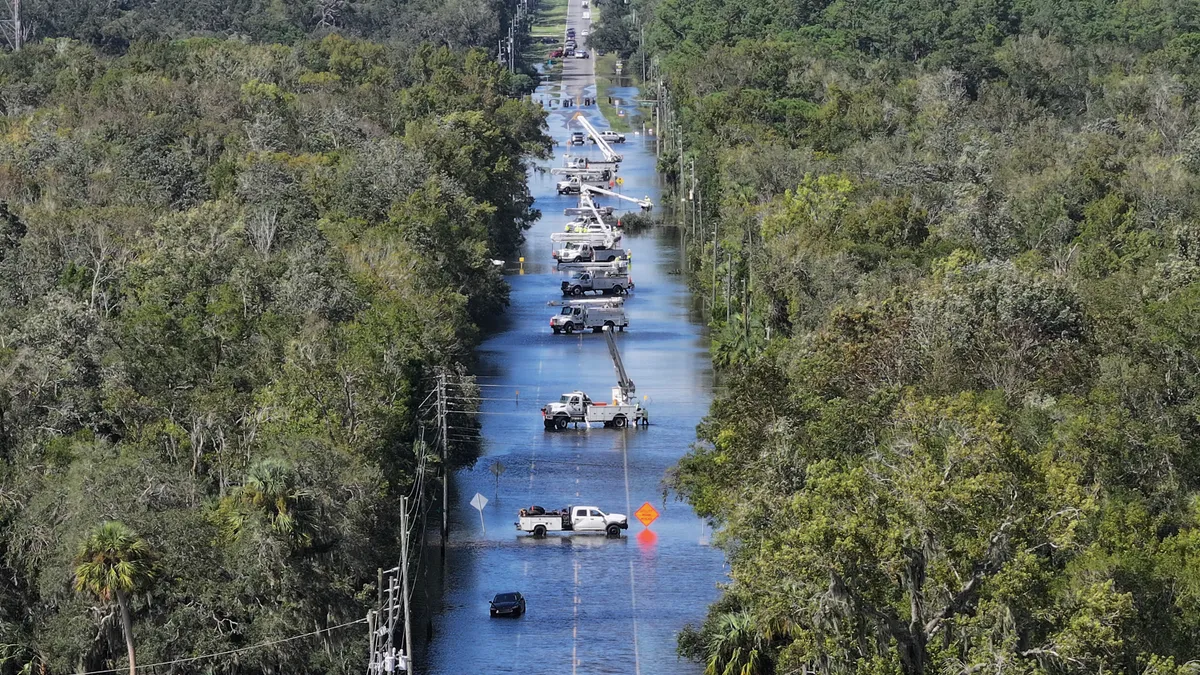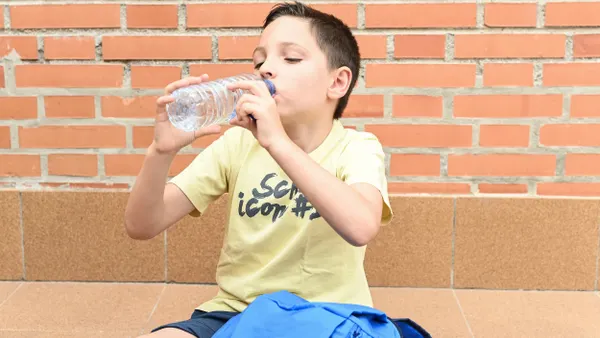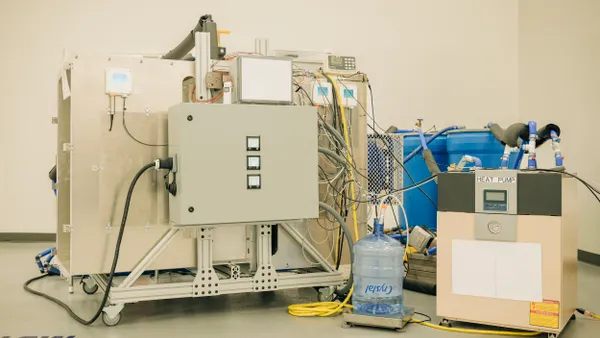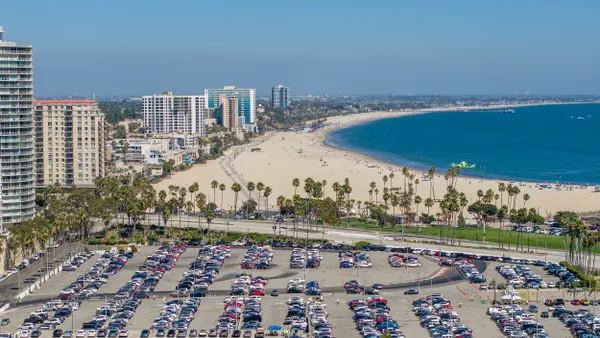Dive Brief:
- About 1.6 million electric customers remained without power across the U.S. Southeast and Mid-Atlantic on Tuesday morning after Hurricane Helene devastated utility systems last week, and some areas will require a full rebuild of energy infrastructure, utilities said.
- The storm struck Florida as a Category 4, but only about 69,700 customers remained without power in the Sunshine State. In contrast, nearly 610,000 were without power in South Carolina; about 459,000 in Georgia; and almost 370,000 in North Carolina.
- “There are lots of areas across the South Carolina Upstate and North Carolina mountains where we’re going to have to completely rebuild parts of our system, not just repair it,” Jason Hollifield, Duke Energy storm director for the Carolinas, said in a statement.
Dive Insight:
In total, Helene knocked out power for almost 6 million customers in 10 states, according to the Edison Electric Institute, which represents investor-owned utilities. Utilities say they cannot estimate restoration times, in some cases, because roads are impassable and grids must be reconstructed.
“Historic flooding, fallen trees and debris, and road and bridge closures continue to present major challenges in the hardest-hit areas and are limiting workers’ ability to assess damage and provide customers with estimates for when power is likely to be restored in those areas,” EEI said in a Sunday statement.
Along with the Carolinas and Georgia, there were outages in Florida, Indiana, Kentucky, Ohio, Tennessee, Virginia and West Virginia.
“Electric companies are working with local and state officials to gain access to these hard-hit areas and are using helicopters and drones to conduct damage assessments,” EEI said. “In some communities, storm damage was so catastrophic that energy infrastructure needs to be completely rebuilt before power can be restored.”
Duke Energy was one of the hardest-hit utilities. By Sunday, the utility said it had restored power to more than 1.1 million customers in North Carolina and South Carolina, but about 900,000 remained in the dark, almost all in the western portions of each state.
“There are stretches of damage that we still can’t even assess due to mudslides, flooding and blocked roads,” Hollifield said.
Duke’s transmission infrastructure in upstate South Carolina “was severely damaged and, in many cases, destroyed,” the utility said. Grid integrity in the state “remained stable throughout the storm,” meaning Duke can bring power back on quickly as the transmission system is repaired, it said.
In North Carolina, Duke said infrastructure damage was “severe,” with substations under water and thousands of utility poles down, along with fallen transmission towers. “Many areas of the North Carolina mountains are inaccessible due to mudslides, flooding and blocked roads, limiting the ability to assess and begin repairing damages,” the utility said.
Dominion Energy said Sunday evening that it had restored service to more than 320,000 customers in South Carolina, while 116,000 were still left without power.
“While we can provide [recovery] estimates for some areas today, other areas will take more time,” Keller Kissam, president of Dominion Energy South Carolina, said in a statement. “Crews continue to assess damage even as we rebuild our system from the ground up in communities where the impacts were catastrophic.”
Hurricane Helene was the most destructive hurricane in Georgia Power’s history, the utility said Sunday evening. More than 5,000 utility poles must be repaired or replaced, and over 500 transformers were damaged.
About 610,000 Georgia Power customers already had power restored as of Monday. “This rapid response has been possible through the implementation of new ‘smart grid’ technologies and the quick work of pre-positioned teams who were ready to respond as soon as conditions were safe to do so on Friday,” the utility said.
Florida Power & Light was among the first utilities impacted by Helene’s Thursday landfall. The utility said on Monday that it has restored service to 99.7% of its impacted customers. "Now, to the extent we can, we will support other utilities in their restoration efforts so that all our neighbors can get their lights back on," said FPL President and CEO Armando Pimentel.












